The rope-a-dope strategy starts in the opening sequence. A middle-aged man named Matt (Ed Helms) interviews a young woman named Anna (Patti Harrison) in what initially seems like a speed date, then a job interview (it’s both, in a way). The questions are cutesy yet invasive (“What’s the worst thing you’ve ever done?”). The solo piano score, by Alex Somers, has that yacht-cutting-through-clear-water sound characteristic of hyper-verbal indie-film comedies about well-off suburbanites muddling through existential crises. The credits font is Windsor Light Condensed, used in all Woody Allen films since “Annie Hall.” Between the the lead actors’ age gap, and their self-aware yet sometimes stumbling comic banter, it seems as if “Together Together” is a try-hard that’s aiming to give us the pleasures of a mid-period Woody Allen film without having to factor in, um, y’know, Woody Allen.
As it turns out, this is not the kind of film where the leads overcome social obstacles and live happily every after as husband and wife. In fact, it turns out to be a rare film about two characters you’ve never seen in a movie. They initially seem cut from middling romantic comedy cloth. Writer/director Nikole Beckwith and her lead actors gesture in that direction by having Matt and Anna quickly disclose shared feelings of loneliness and aloneness (different concepts) and talk about their troubled pasts. Matt is the designer of a masochistic app called Loner that lets users browse profiles of other singles; they’re not allowed to save profiles unless they favorite them, and they can only pick one to favorite. Matt’s marriage collapsed for undisclosed reasons (basic incompatibility, it seems). But he decided to have a kid anyway, using his own sperm and a donated egg. He’s acutely self-conscious about being a single, straight man in his predicament. Anna got pregnant in college, gave the baby up for adoption, and earned the double-ire of her parents, who considered her a failure both for having an unplanned pregnancy and not keeping the kid. “It seemed as if the only way they would be happy is if I was wildly unhappy,” she tells Matt. What is this, discount Charlie Kaufman?
But the more time you spend with these two, the harder it is to categorize what kinds of characters they are, much less compare the film to others or predict what’ll happen to the main couple. In fact, it feels wrong to call them “a couple.” They’re more than friends, less than lovers. Well, not “less than,” because that phrase implies that a romantic relationship is greater than friendship. Then again, is this even a friendship? Anna asks that. She’s right to wonder. Matt doesn’t know how to respond.
You can view the original article HERE.



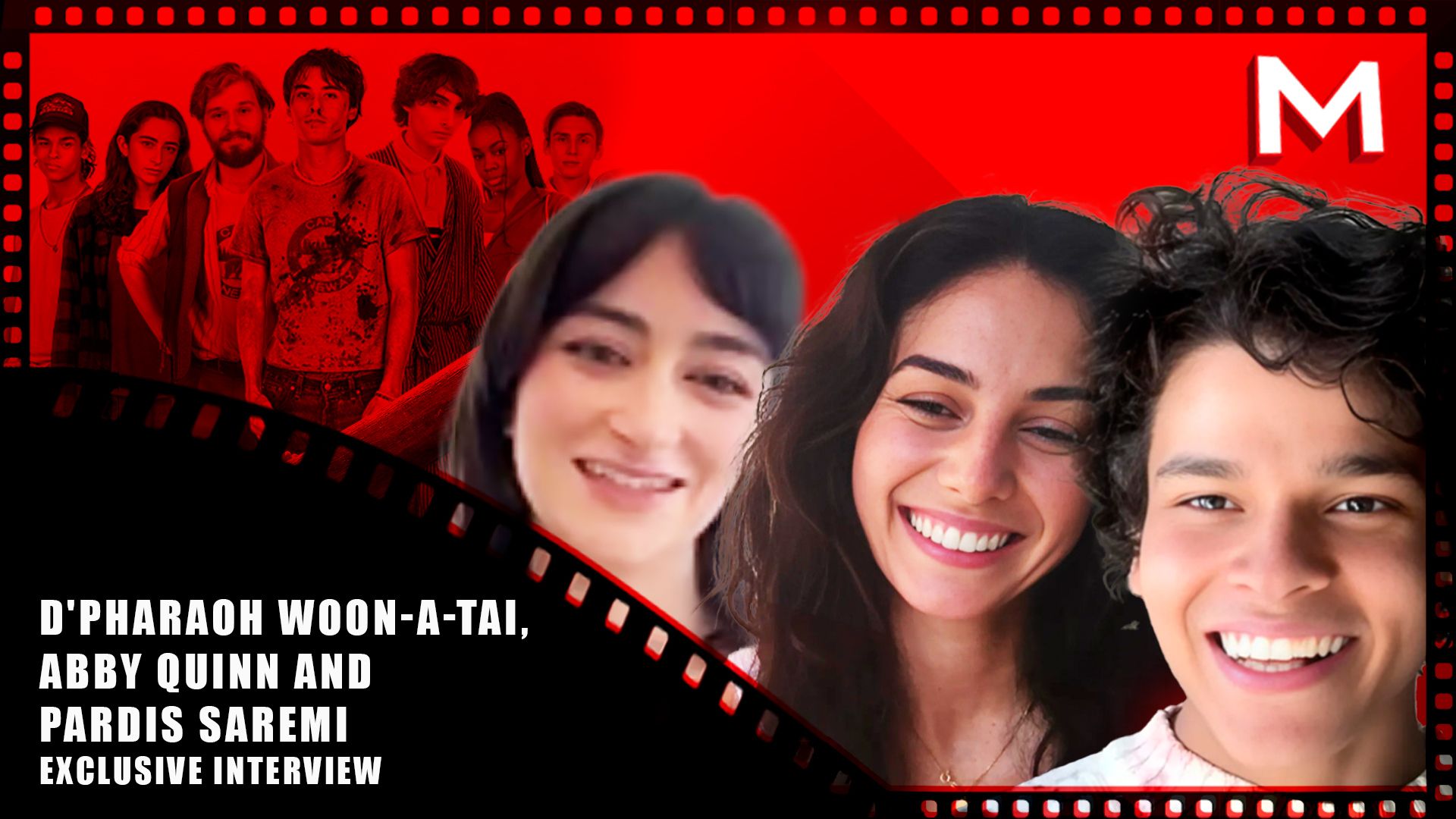

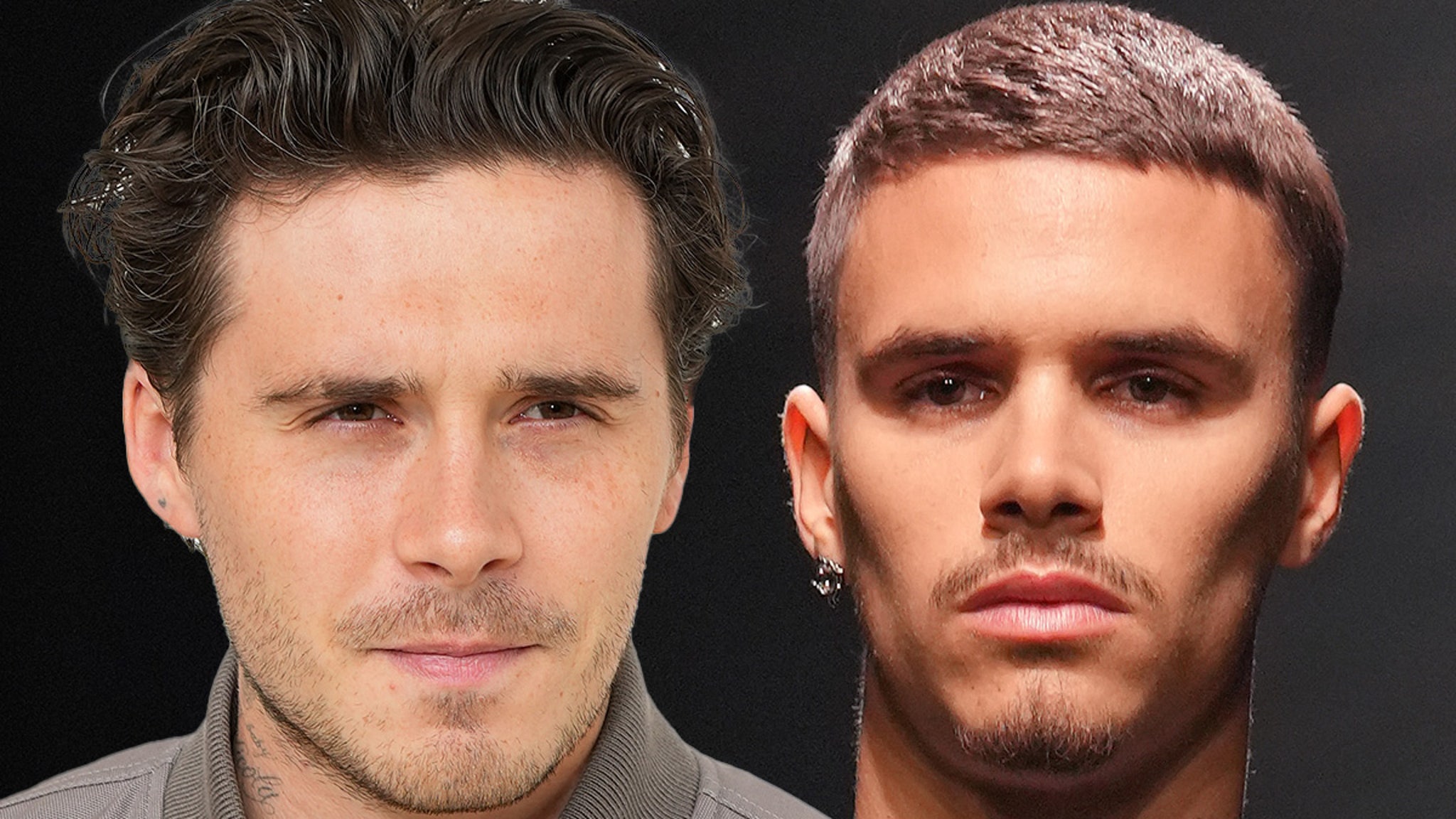
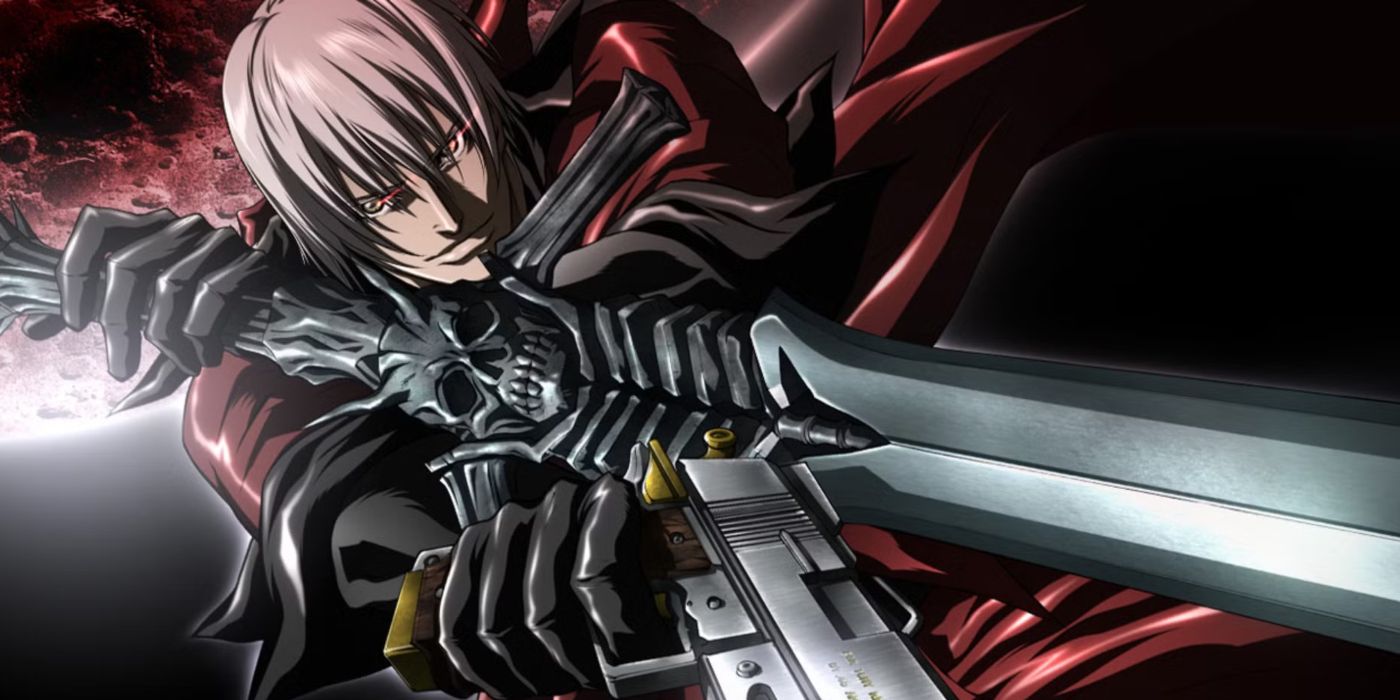



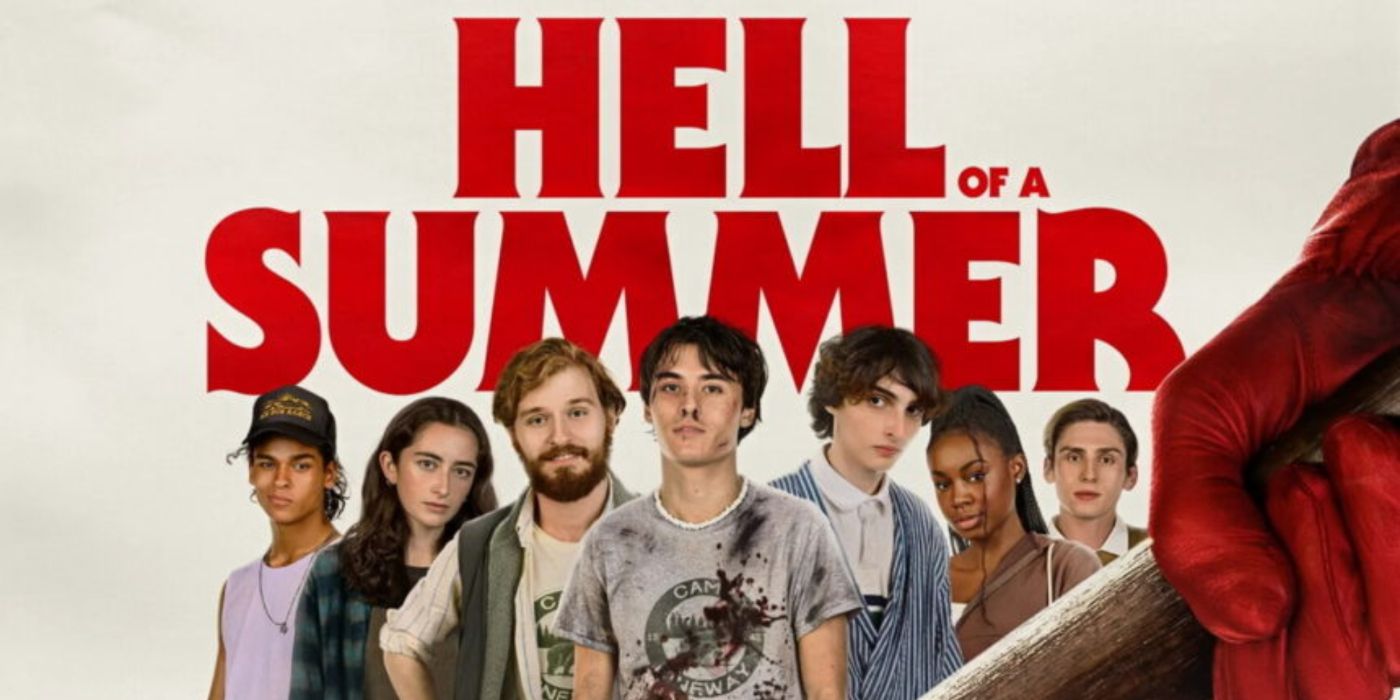
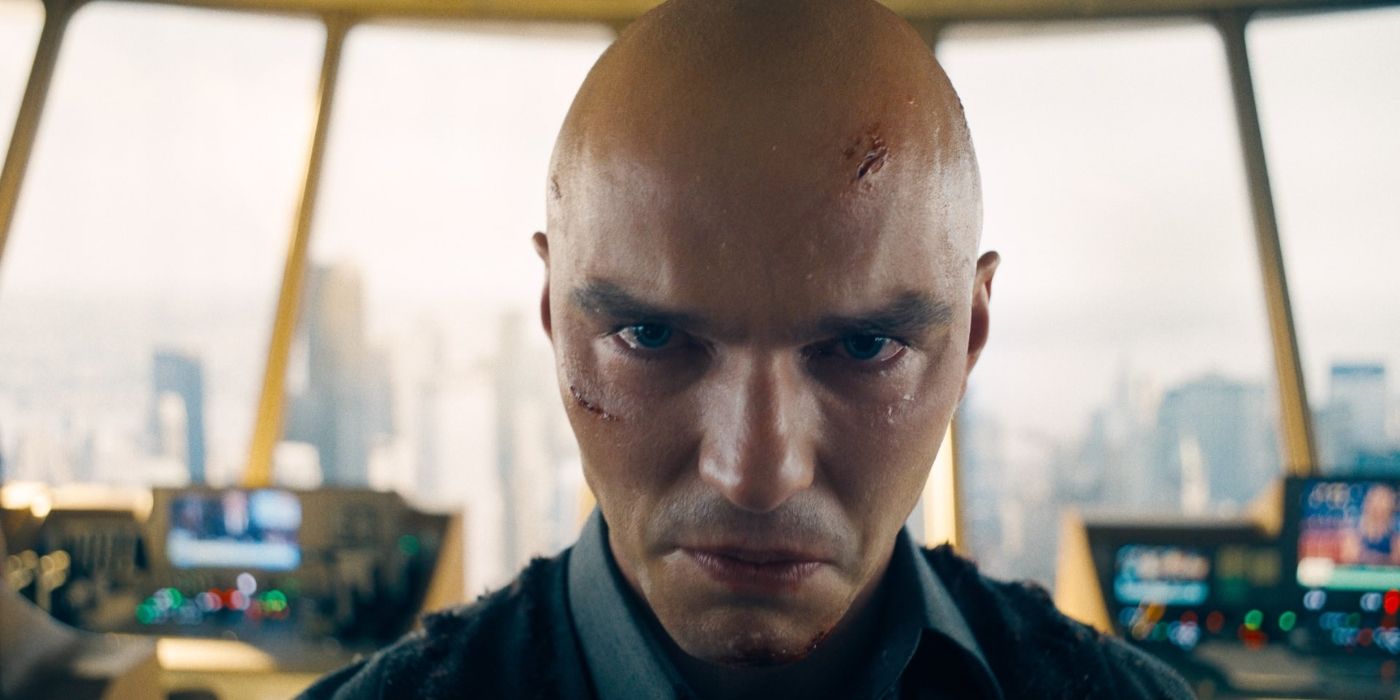


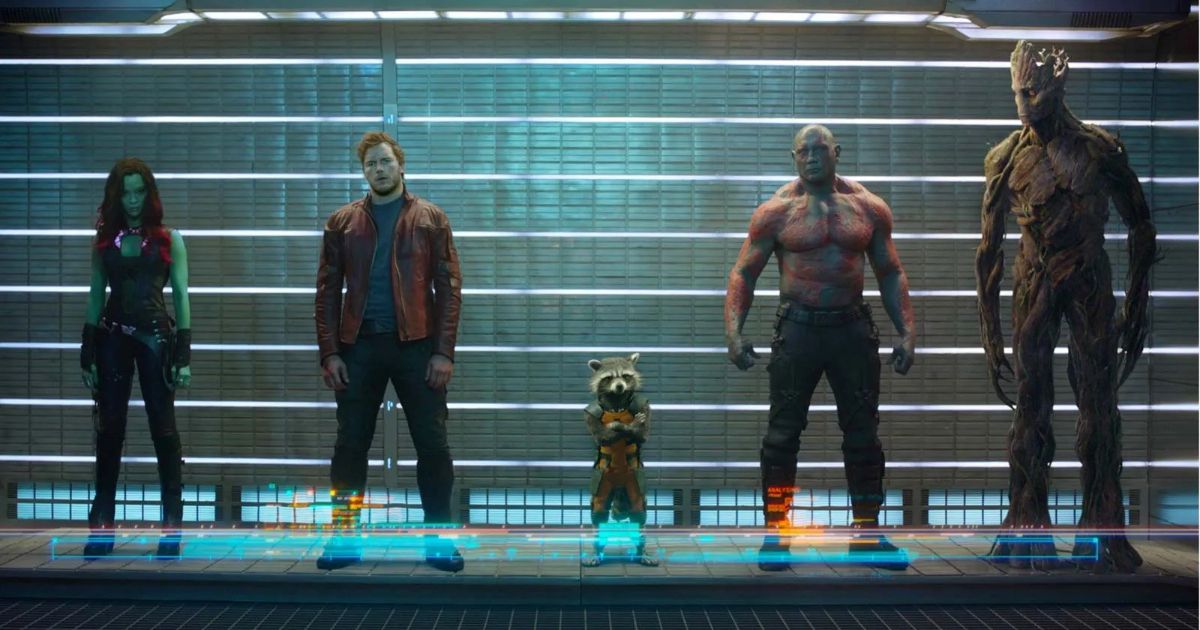



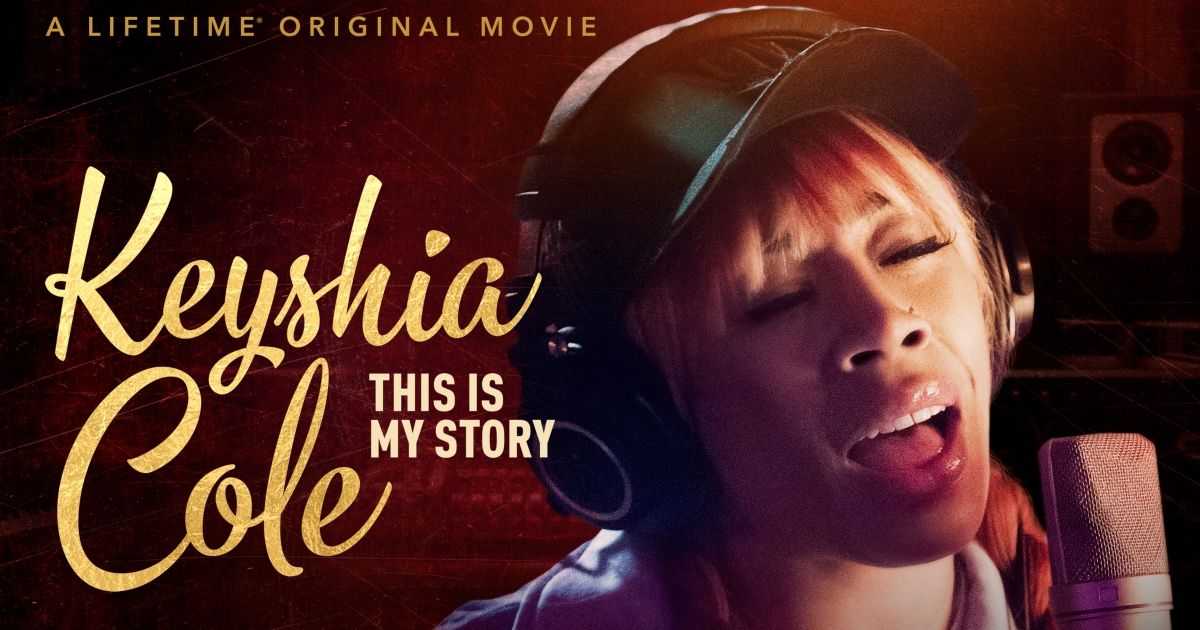



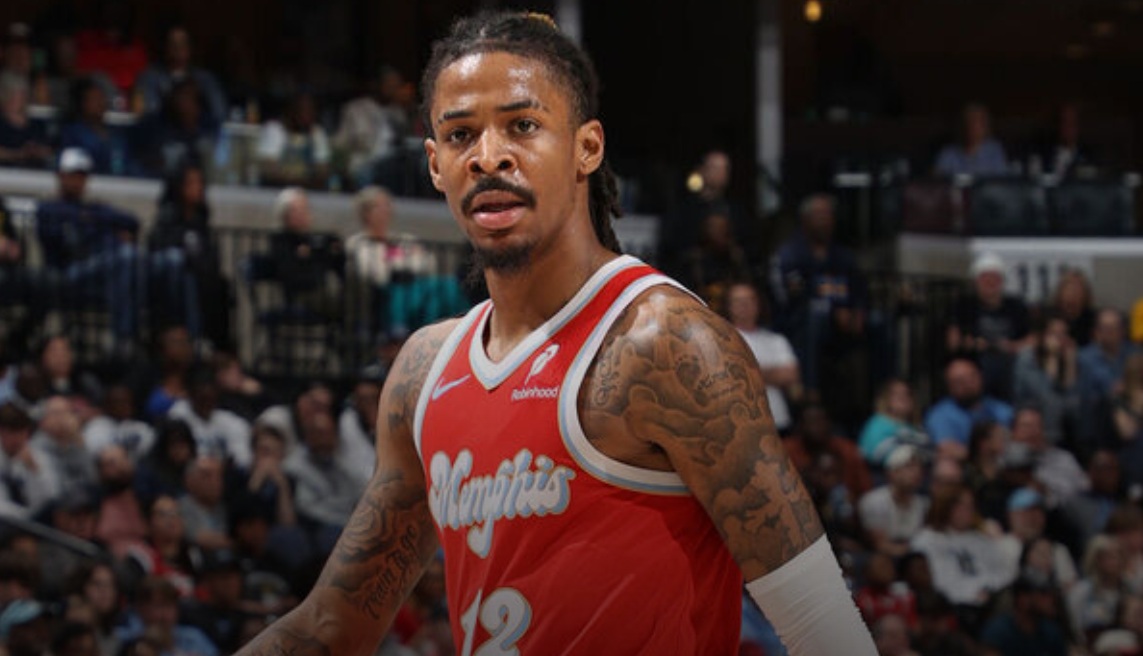
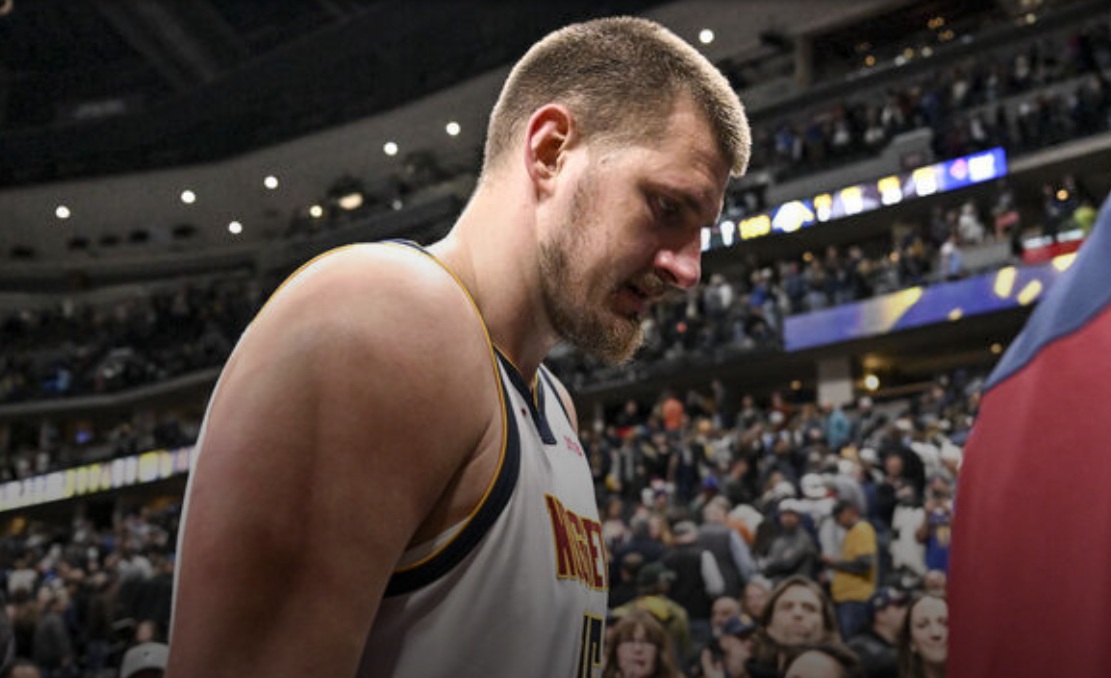
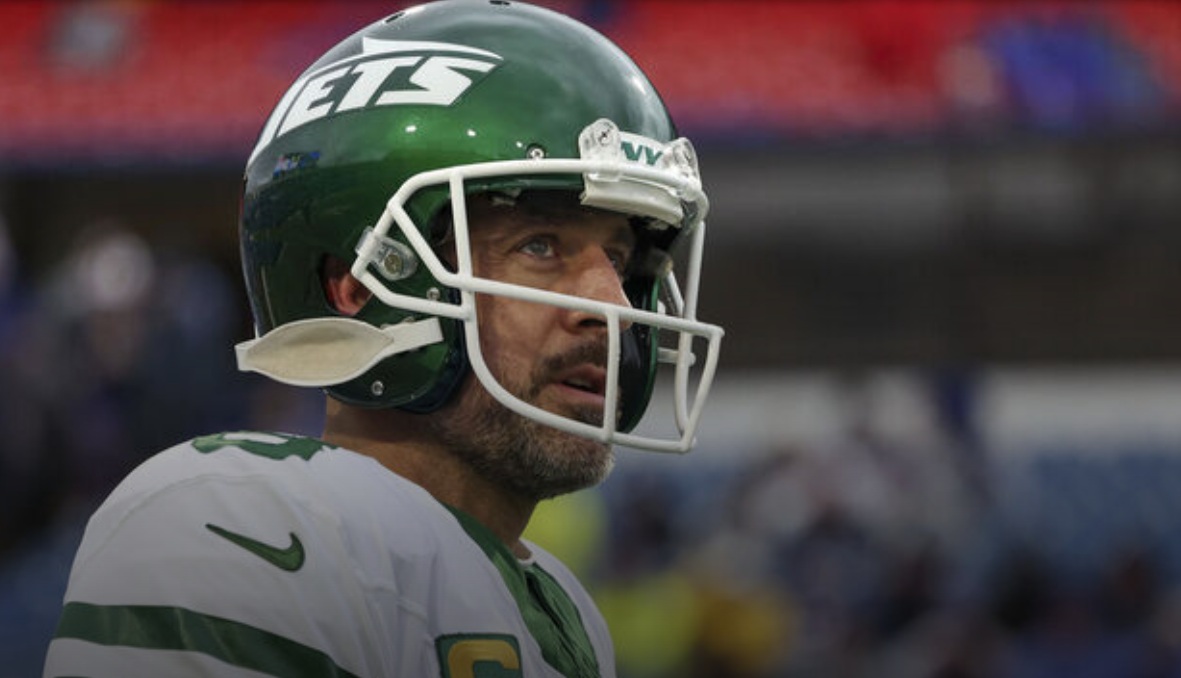
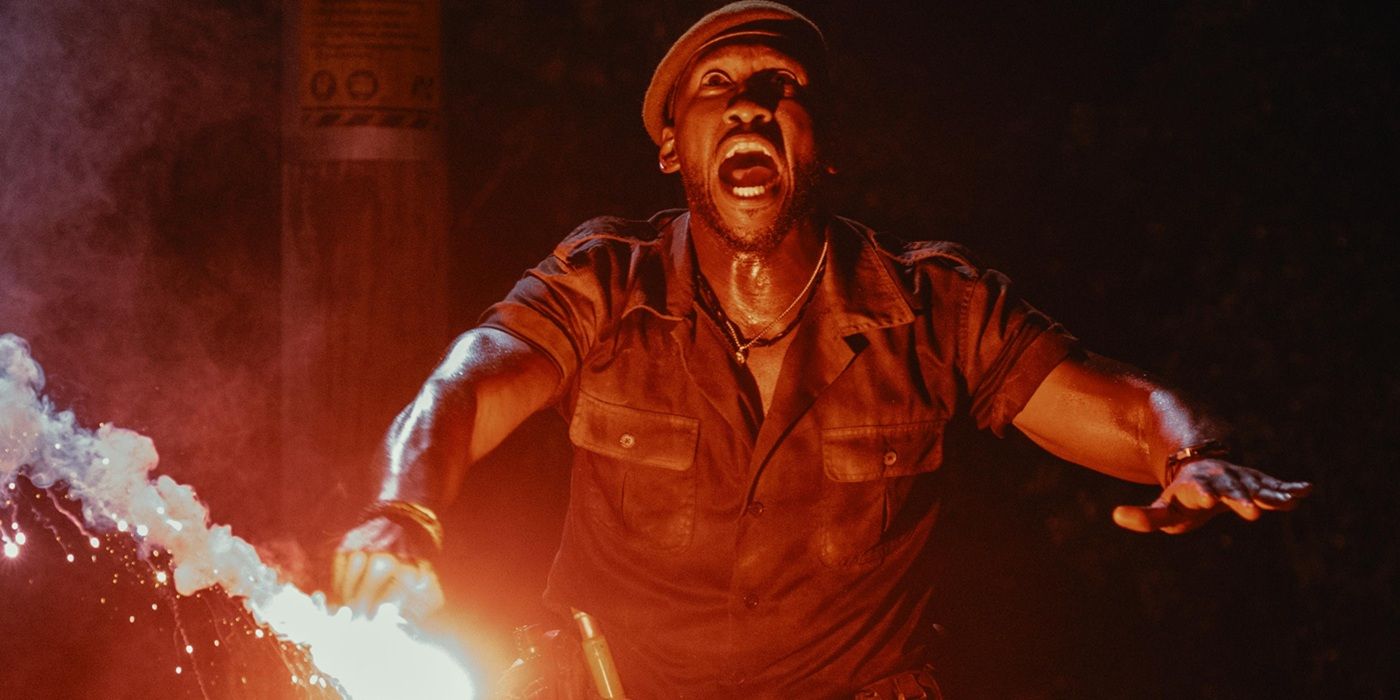


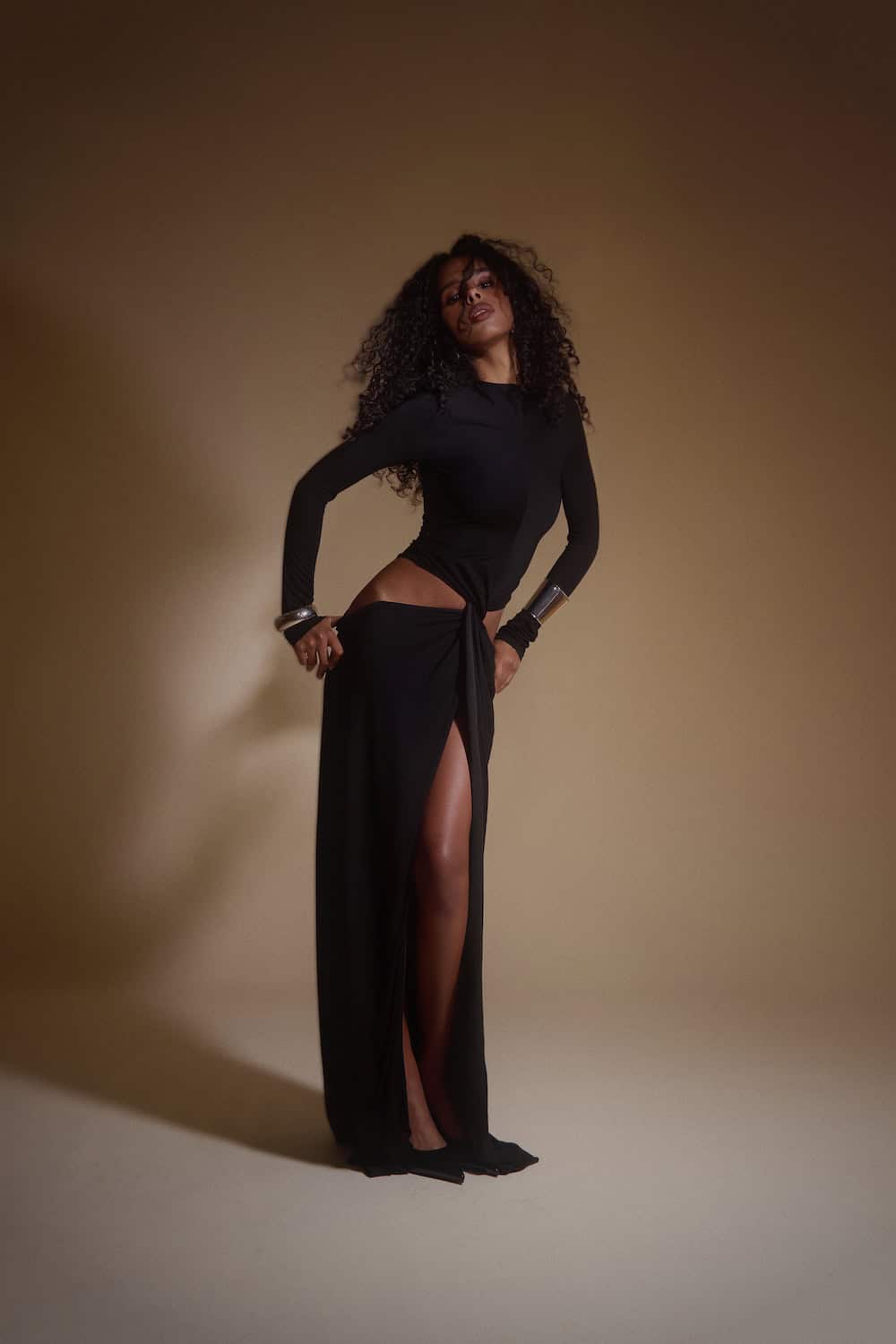
:quality(85):upscale()/2025/04/01/587/n/1922564/fe60d6be67ebe4b0bbd6f1.79749549_.png)